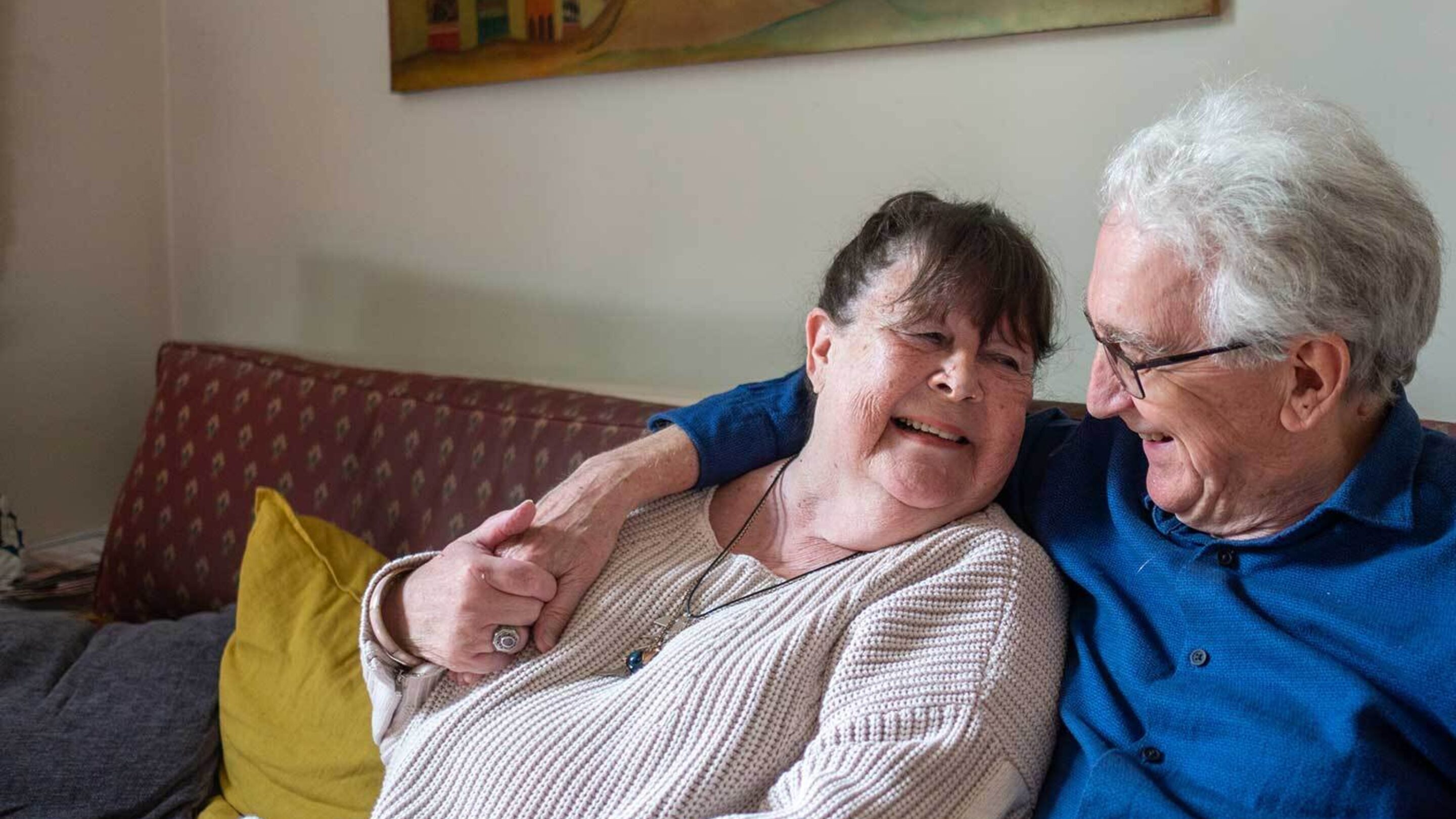
Health and Social Care Social Investment Hub
Everything you need to know about social investment in the Health and Social Care sector. Find FAQs, reports & case studies – all in one place.

Older people with complex needs represent one of the most significant challenges facing health and social care systems in the UK. Dementia is one of the most feared diseases for those aged over 55 in the UK. Care and treatment costs people living with dementia and their families more than £20 billion per year and costs the health and social care system more than £12 billion per year.
The large and difficult challenges presented by older people with complex needs have wide-reaching implications across society. We believe it requires the sort of innovative solutions made possible through bringing social investment into play.
The impact on people living with complex needs, and in particular dementia, plus their unpaid carers can be intense and complicated. Older life conditions can cause non-linear deterioration in cognitive and physical health over an extended period and is associated with a range of other health and social needs.
Dementia itself is not a monolithic disease and effects individuals differently. Approximately two thirds of people living with dementia have Alzheimer’s disease, which often co-exists with vascular disease. Service provision has a limited focus however on preferences and needs for independence, often prioritising safety and risk over quality of life. With only 45% of people living with dementia feeling part of their community, good quality services require a fully coordinated approach across communities as well as health and social care bodies and informal networks.
Where local resources are not fit for purpose to address dementia and the range of associated health and social issues it presents, experiences for people living with dementia and their carers are mixed. People can require more services, have between two and four times the number of hospitalisations that are twice as long on average than people without dementia, with earlier entry to residential care systems at a cost of £500 to £800 per week.
Carers can be exposed to significant pressure, often suffering depression and financial hardship. Experiences vary significantly across different demographics. For example, around 60% of people living with dementia are women, and rates of dementia are growing fastest in ethnically diverse populations, but such people are less likely to be diagnosed with and receive support.
Since 2021 Social Finance has supported a pilot project providing enhanced community based dementia care to vulnerable people in Hounslow, west London via multi-disciplinary teams. The hands-on approach of the skilled nursing and social care team ensures rapid and effective recognition and response to issues on the ground, shortcutting slower solutions and heading off downstream impacts.
We have embarked on a programme to significantly increase our impact on care for older people with complex needs in the UK. Through the development phase we will actively test value creation theories by developing and supporting services with a range of innovative partners and progressive health and social care authorities. We will also create and sustain an active Learning Community bringing together integrated care systems, charities, funders, and delivery partners to explore findings and identify areas for further information sharing and collaboration.
Following this phase we will move to design and activate a programme of scaled up solutions, trying to determine which mechanisms for funding and delivery best suit the different types of intervention tested. We expect these mechanisms to include but not be limited to direct commissioning, direct grants, outcome based grants, loans, equity investments and impact bonds. In combination we may look to launch a Dementia Outcomes Fund to invest in similar and complementary services across the UK and to further prove the efficacy, efficiency and quality of experience resulting from innovative service models and to try to get them sustained and scaled.
We have developed a set of five initial hypotheses for where there may be opportunities to create value – both for people affected by dementia and the system:
Our Hounslow enhanced dementia care service has had a transformational impact on the lives of over 120 people, including preventing over £360,000 in costs of hospital admissions. The model has been well received by service providers locally and is now being expanded through direct investment. It has provided important learnings about the definition and tracking of dementia outcomes, as well as the opportunity to refine multi-party funding and commissioning operating models.
We are grateful for the support provided to the enhanced dementia care service from the National Lottery Community Fund.
Learn more about the service in this video:
I thought the service was going to be like any other, but it has been a bit like night and day. [My social worker] has been my point of contact, which I’ve needed for so long. Everything he can think of, he’s thrown in my direction.
S, Carer
We’re looking for committed partners to help realise our vision for innovative models of dementia care.
Get in contact